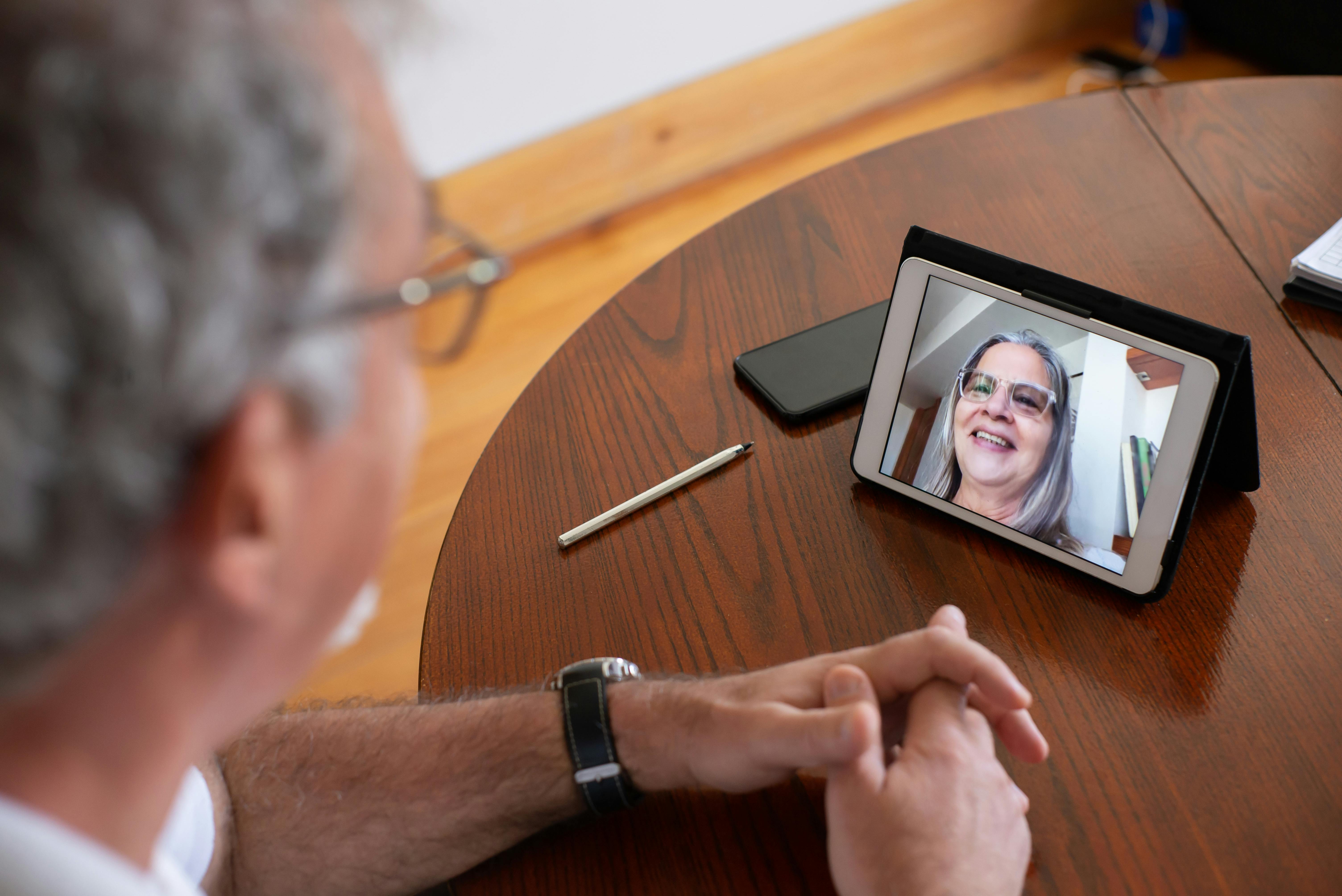According to the research done by Harvard Medical School and the University of Queensland, 50% of the world’s population will experience mental health issues in their lifetime. It raises the need for people to develop new solutions to help those struggling with mental health disorders.
Mental health apps can become an alternative to face-to-face therapy. Smartphones and the Internet enable people to have immediate access to various resources that help manage their mental health.
In this post, you will learn about different types of mental health apps and their three core features, as well as the technologies a custom wellness app development team will use in a mental health app of the future.
Choose the Right Type of Mental Health App
There are over 10,000 mental health apps available online. Finding the one that will suit your needs, provide quality help, and have handy features might take days of trial and error.
There are many types of healthcare apps, but the most popular of them are:
Mental Disorder Apps
There are many apps for people living with various mental disorders like depression. They usually provide tips on improving mental state, an option to exchange messages or have calls with doctors, and self-guided mood training programs.
Mental disorder apps are tailored to treat conditions like eating, obsessive-compulsive (OCD), and panic disorders. They should be viewed as a supplement to traditional therapy.
Mental Self-Improvement Apps
Mental self-improvement apps cultivate positive thinking, break bad habits, and monitor mood swings. They can provide addiction recovery, meditation, and stress-management programs.
General Mental Health Apps
General mental health apps are for everyone looking to develop a positive mindset, improve their mood, and abstain from compulsive thoughts. They can ask you questions to identify your feelings and mental state so that they can understand you better. These apps help you break any behavioural pattern negatively affecting your mental health.
Apps for Addiction Recovery
Addiction recovery apps are one of the best ways to track your progress in quitting bad habits like drinking or smoking. They offer guides and stories of people who successfully leave their abusive behaviour with drugs or liquor and provide a chance to attend online meetings to share their experience in fighting addiction.
Stress and Anxiety Apps
These apps help people battle their anxiety, reduce stress, and help them relax. Users can track and document their stress levels throughout the day, understand when and why they experience high levels of stress, and make positive changes.
3 Core Features of Mental Health Apps

There are three essential features that every user should expect in modern mental health apps:
- Self-monitoring. For those struggling with mental disorders, this feature can provide a better understanding of the root cause of a problem. Self-monitoring allows you and your therapist to get valuable insights into your general stress levels, mood patterns, and symptoms.
- Goal setting. Depending on a user’s goal, the app will send reminders, suggesting taking a walk or having a five-minute meditation break. This feature can be enhanced with gamification elements (achievement awards) to motivate users on their way to reaching a goal.
- In-app references to local therapists. An app should provide access to therapists ready to support a client around the clock, whether it is a serious problem or a minor concern. Users should be able to ask questions, communicate with local professionals, and arrange an appointment if they prefer face-to-face communication.
People dealing with mental health issues should know that they are not alone in their fight. There are a variety of additional tools that modern mental health apps can possess depending on their type — cognitive behavioural and acceptance therapies, gamification, or forums.
The Evolution of Mental Health Apps

Technologies are already making mental health treatments more accessible and affordable. Several newest mental health apps you can try:
- It’s an online mental health platform that offers OCD therapy and support. With this app, you will have access to licensed OCD therapists for live, face-to-face video sessions. They are trained in exposure and response prevention (ERP) therapy and provide gold-standard treatment for OCD.
- It’s all about science-based games and activities that help its users overcome negative thoughts and reduce stress. Providing effective programs and tools to improve emotional well-being also helps build greater resilience to stress.
- Circles. This app connects people with similar mental health issues. You can download it for free, start anonymous conversations with like-minded users, and enjoy its audio-only format. If you need healing after a divorce, or you’re coping with grief, Circles is an app for you.
AI-powered tools like chatbots provide basic support and personalize user experience. Real-time data analysis enables alerts and offers coping techniques in cases of higher levels of stress, like those during panic episodes.
Mental health apps are working on destigmatizing the use of technology. They help users feel comfortable seeking help through digital platforms. In the future, integration with wearables like smartwatches can play a significant role in analysing users’ behaviour patterns, personalizing suggestions, and identifying users in crisis.
Advanced ML algorithms already provide real-time feedback and possibly will be able to provide empathetic listening services in the future. VR technology coupled with AI can also help users manage their psychological distress through immersive therapeutic experiences. It enables individuals to develop coping mechanisms within a safe environment.
Conclusion
Mental health is a rising concern worldwide. Mental health apps have the potential to help people with various mental disorders get support and keep high levels of stress at bay. With the advancement of technologies like AI and VR, mental health apps will provide quality assistance and connection to therapists, getting better with time.


